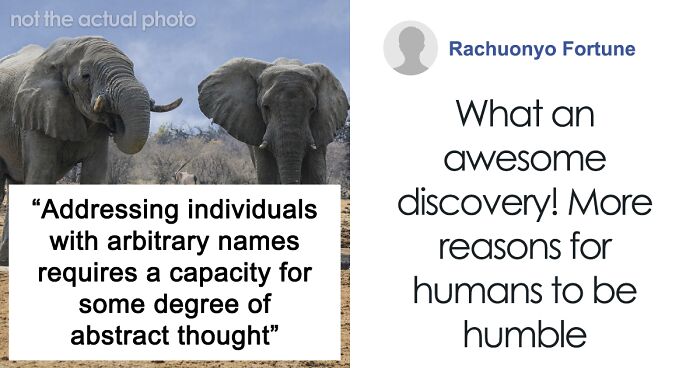
Scientists Say Elephants May Have Their Own ‘Names’ For Each Other, And Netizens Are Very Intrigued
Interview With ExpertElephants are wonderful animals, and they keep proving it time and time again. If you’ve been on the internet long enough, chances are you’ve seen multiple videos of these magnificent creatures painting, doing yoga, displaying tricks, and many other things that make us love them.
And yet, they just keep on surprising us. For example, not so long ago, researchers discovered that these animals actually have something akin to names for each other, which they use to call or refer to other elephants, suggesting that there is a lot more to them than we know. Scroll down to read the full story!
It’s no secret that elephants are highly intelligent beings, but it turns out that they might be even more similar to humans than we thought
Image credits: Stephen Jandrell (not the actual photo)
Over the years, researchers noticed that elephants tend to have similar yet slightly different calls they make that would only attract a single individual instead of a whole group
We have long known that elephants are some of the most intelligent beings on our planet. While, as far as we’re aware, they’re not quite on par with humans, they have repeatedly impressed us with their memory, problem-solving, and communication skills, which few other animals can match.
However, over the years, researchers from Kenya have noticed another behavior displayed by elephants. They pointed out that elephants might be addressing each other a lot more similarly to us than we thought. For example, out of a couple of very similar vocalizations that one elephant would direct to a group, one would get the attention of all those animals. At the same time, another would only attract a single individual.
This soon led to a new study, published last month in the Nature Ecology & Evolution journal, which, using a machine-learning model, studied 100 African Savannah elephants and found that these majestic animals seem to have individually specific name-like calls for each other that they use for communication.
Image credits: Pixabay (not the actual photo)
Intrigued, they started a study, which showed that these animals sometimes use name-like components in their calls intended for specific elephants
Animals addressing other members of their species with specific ‘names’ isn’t something new. Some parrots and dolphins are known to exhibit similar behaviors. But while they do it by imitating vocalizations made by another individual, elephants have arbitrary names, which makes it incredibly similar to what humans do. “Addressing individuals with arbitrary names likely requires a capacity for some degree of abstract thought,” Mickey Pardo, lead author of the study, told Reuters.
“Certainly, in order to address one another in this way, elephants must learn to associate particular sounds with particular individuals and then use those sounds to get the attention of the individual in question, which requires [a] sophisticated learning ability and understanding of social relationships,” explained the lead author, adding that this behavior indicates just how important social bonds are for these creatures.
Image credits: Dick Hoskins (not the actual photo)
Sean Michael of Sheldrick Wildlife Trust, whom Bored Panda reached out to for an interview, further emphasized the importance of social bonds for elephants. “Family is everything to them, and the bonds they form last a lifetime,” said the expert, sharing how elephant orphans instantly recognize the keepers who raised them even after very many years of separation.
“The bonds they form are individual and intimate, much like the bonds we form with other humans,” said Sean, explaining how this study gives further insight into how complex and deeply personal elephant social structures are.
Image credits: Pixabay (not the actual photo)
These findings further confirm that elephants, like humans, are deeply social beings
But the incredible intelligence, intuition, and empathy that these majestic animals possess don’t stop there. “Over the years, many wild elephants have come to our stockades seeking help for injuries,” continued the expert. “On two occasions, orphaned calves have even been delivered into our care by wild elephants — they clearly found the orphans on their own, recognized that they were vulnerable and needed help, and knew to bring them to us.”
Additionally, elephants also have surprisingly strong instincts, even when raised by humans. But by no means does it make them bad learners. “Calves observe their elders and mimic their behavior; the same happens within our orphan herd.”
Image credits: Ray Rui (not the actual photo)
So, ultimately, despite our vastly different appearances, humans and elephants might be much more alike than we ever thought. If we continue down this path, perhaps we will eventually be able to get far enough that we’ll actually be able to talk to one another someday.
Until then, let’s protect these wonderful beings and make sure that by the time we can fully understand them, they’re still around to be interacted with. Check out the Sheldrick Wildlife Trust’s website as well as their social media pages on Facebook and Instagram to enjoy some wonderful stories about elephants and other wildlife inhabitants and learn how you can contribute to their wellbeing.
What did you think about this story? Do you know any other interesting things about elephants you’d like to share? Drop down to the comments and type away!
The commenters were very happy about this wholesome discovery, with some expressing their amazement and others making related jokes
Poll Question
Thanks! Check out the results:
So they have names for each other. Maybe not such a surprise. The individual must, obviously, know their own name to respond to it. This means they have to learn that name from very early life whilst still in care of their mother. It follows that their mothers are the first to use the name and therefore 'teach' it to the calf. And from that we have to realise that mother elephants are naming their children. They won't be doing this at random. You could end up with two elephants having the same names if it was. So pregnant elephants are thinking about what to name their babies. Perhaps part of the name indicates if they are male or female? If so the mother has to come up with two names depending on if she then has a boy or a girl. Do family and friends have something to say about this???
I recall reading that, lacking their original family group, captive elephants will form bonds in captivity. Sad, but heartening that terrible things humans inflict on them doesn't thwart them in trying to form the family they need.
So they have names for each other. Maybe not such a surprise. The individual must, obviously, know their own name to respond to it. This means they have to learn that name from very early life whilst still in care of their mother. It follows that their mothers are the first to use the name and therefore 'teach' it to the calf. And from that we have to realise that mother elephants are naming their children. They won't be doing this at random. You could end up with two elephants having the same names if it was. So pregnant elephants are thinking about what to name their babies. Perhaps part of the name indicates if they are male or female? If so the mother has to come up with two names depending on if she then has a boy or a girl. Do family and friends have something to say about this???
I recall reading that, lacking their original family group, captive elephants will form bonds in captivity. Sad, but heartening that terrible things humans inflict on them doesn't thwart them in trying to form the family they need.

 Dark Mode
Dark Mode 

 No fees, cancel anytime
No fees, cancel anytime 



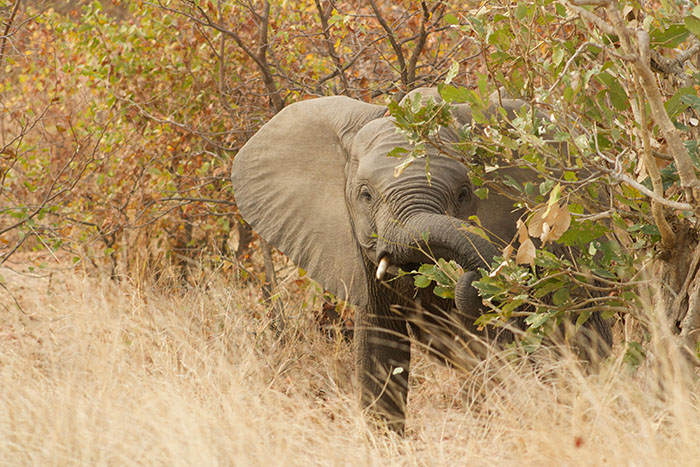
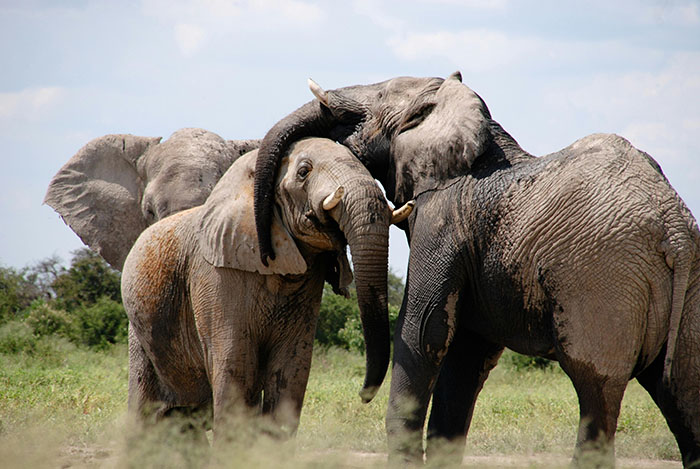
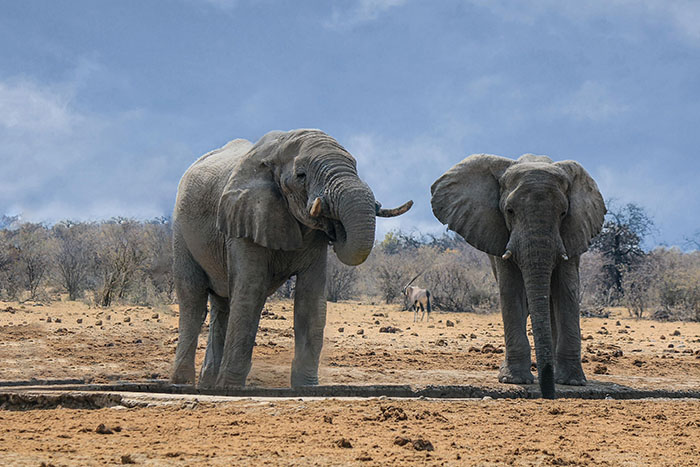
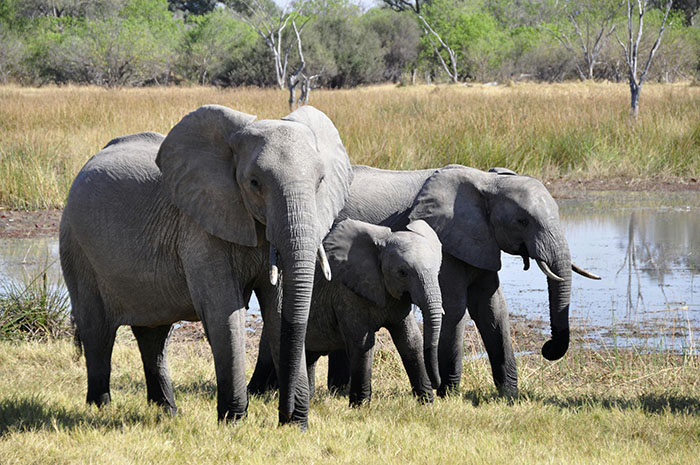











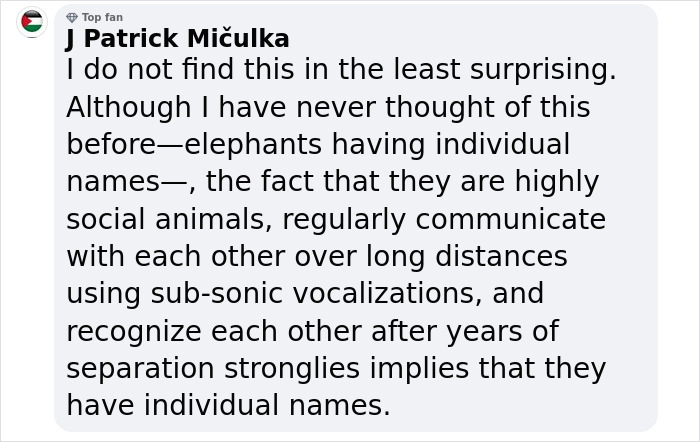




















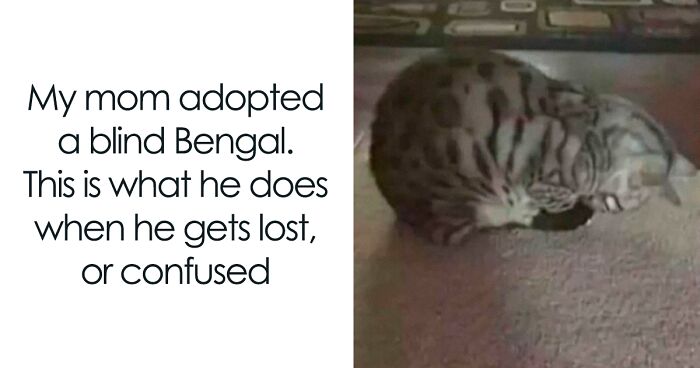














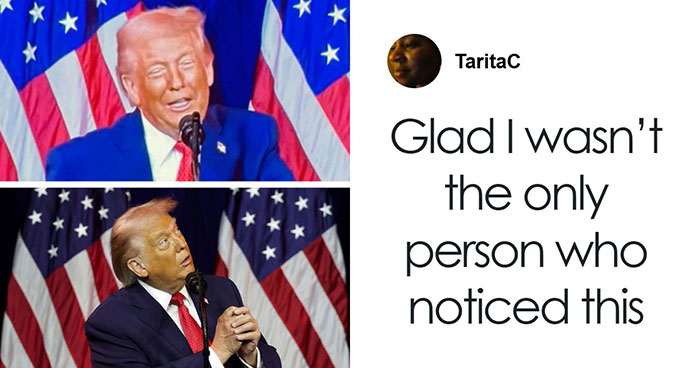











55
3